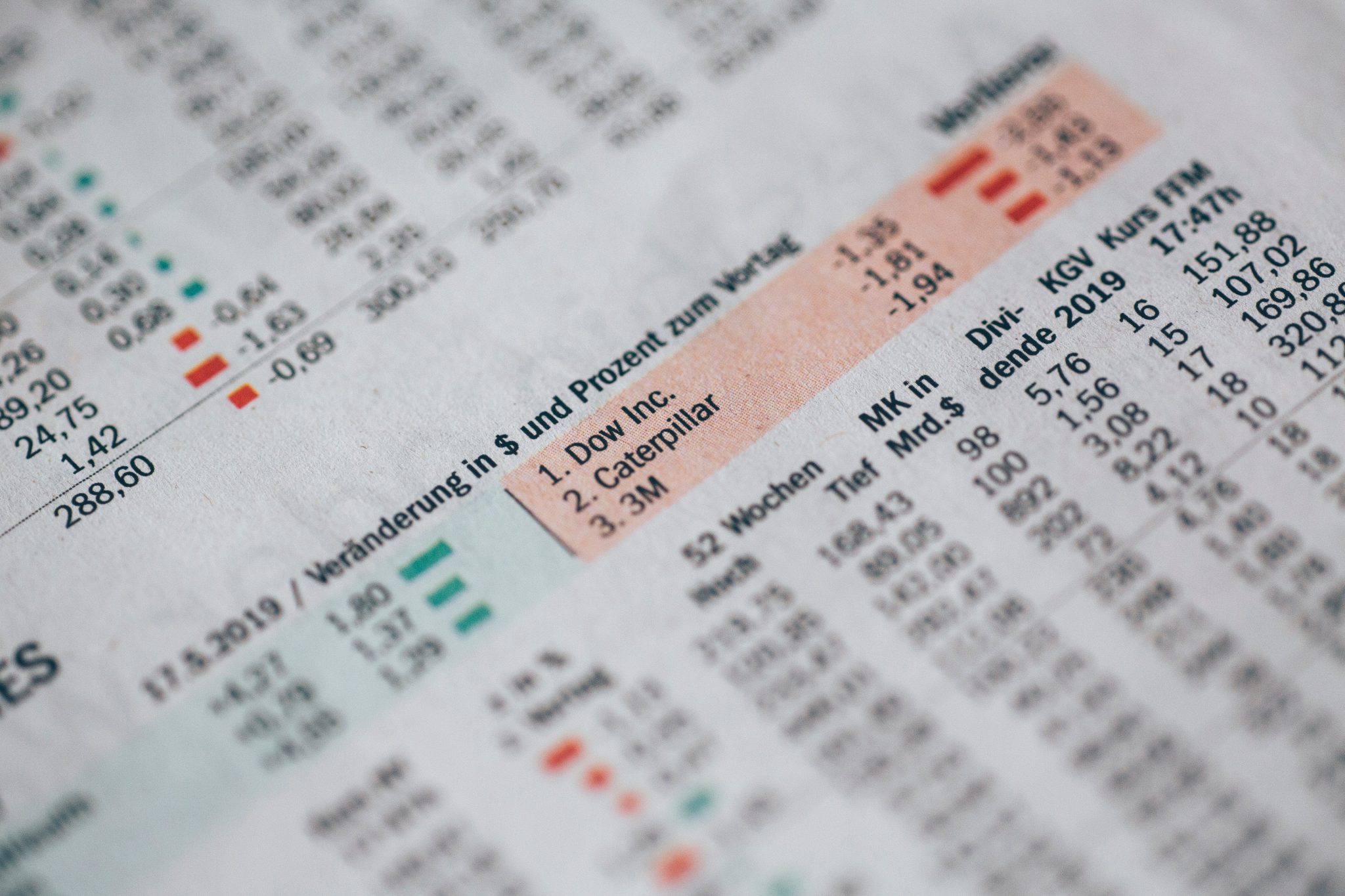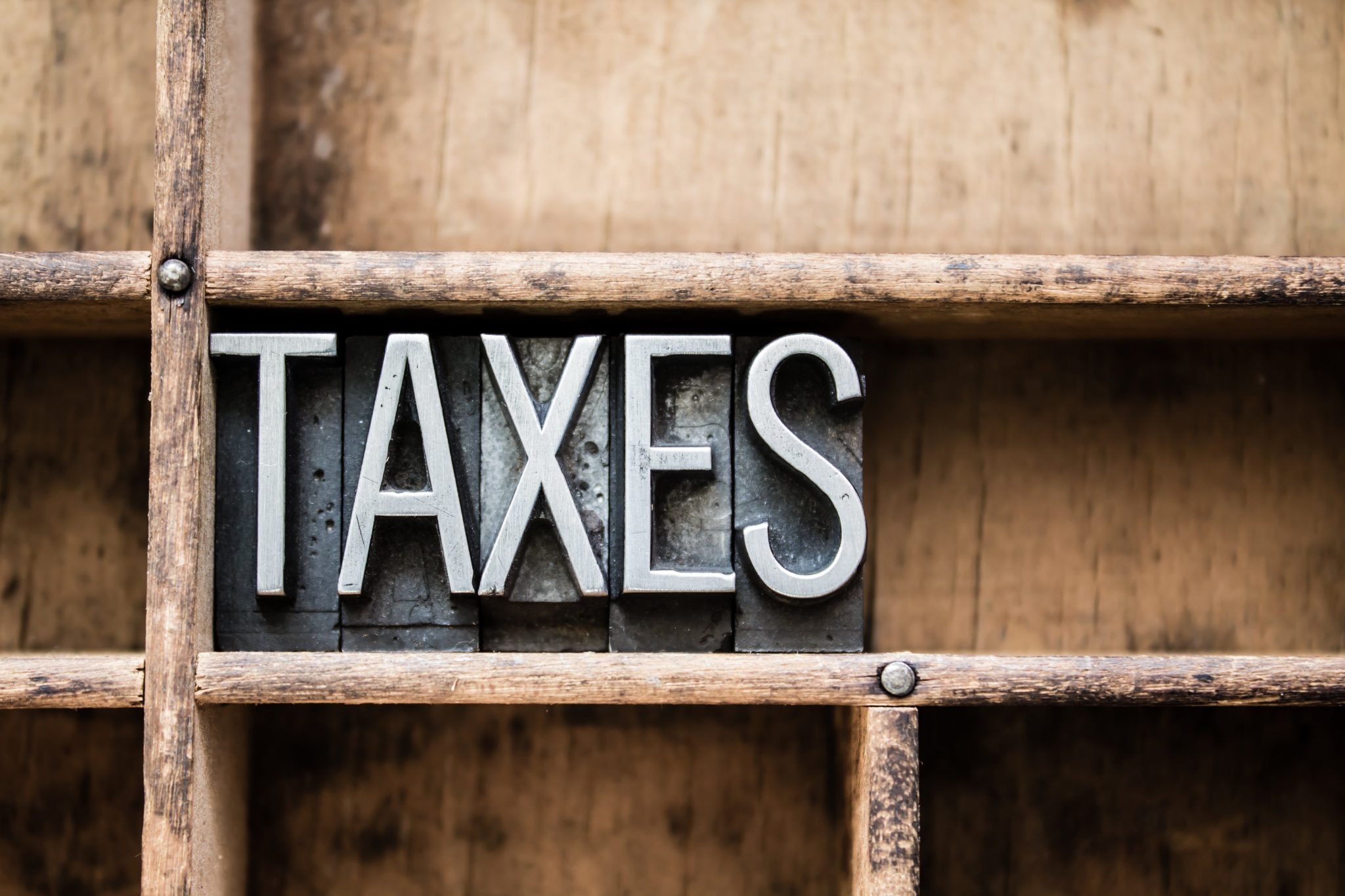One of the easiest ways to increase your retirement income is to reduce your tax bill on that income. With tax-free municipal bonds you can reduce that tax bill to zero and enjoy tax-free retirement income.
If you loan money to state and local governments by purchasing municipal bonds, the interest you receive is normally exempt from federal income tax. If your state has an income tax, you can be exempt from that as well.
What Are Municipal Bonds?
Municipal bonds are issued by state and local governments to raise money for public projects. You’ve probably seen these before when you’ve been asked to vote on a bond issue to build a local school or improve roads. Like all bonds, municipal bonds are loan obligations. The government entity borrows money from the people who purchase the bonds, and pays the bondholder interest until the bond matures and is repaid.
How does the municipality pay the interest on these bonds? That depends on the type of municipal bond. The two primary types of municipal bonds are:
- General Obligation: These bonds are paid for by the general tax revenue of the issuer. This is why you will sometimes see a tax increase in conjunction with a municipal bond issue. If the municipality has a new bond to pay interest on, it may need to raise taxes to do it.
- Revenue Bonds: The interest and principal are paid from revenue generated by the specific project the bond issue is for. For example, suppose municipal revenue bonds are issued to build a convention center. The revenue generated by holding events at the center would be used to take care of the bond obligation.
Tax-Free Interest Payments
Federal Income Tax
If you buy a municipal bond, the interest you receive is federal income tax free. Of course tax-free is good, but the value of that depends on your marginal tax bracket. If you are in a higher tax bracket like the top 37%, then “tax-free” is much more valuable to you than if you are in a very low tax bracket like the bottom 10%.
Let’s put some numbers to that to see exactly how valuable it can be.
Depending on your income, your marginal tax rate is:
- 10%
- 12%
- 22%
- 24%
- 32%
- 35%
- 37%
Suppose you receive $10,000 in interest income. If that is tax-free municipal bond interest you keep the full $10,000. But what if that interest instead comes from a taxable corporate bond? Lets take a look at the after-tax values at each tax rate.
| Your Marginal Tax Rate | After-tax value of $10,000 interest |
| 10% | $9,000 |
| 12% | $8,800 |
| 22% | $7,800 |
| 24% | $7,600 |
| 32% | $6,800 |
| 35% | $6,500 |
| 37% | $6,300 |
As you can see, the tax-free status of municipal bond interest becomes more valuable to you the higher your marginal tax rate is. That’s because you are avoiding a much higher tax bill than someone in a very low tax bracket.
If you are in the 37% tax bracket $10,000 in taxable interest becomes $6,300. $10,000 tax-free sounds a lot better.
Comparing Taxable and Tax-Free Bonds
It is important to understand the concept of after-tax value so that you can choose the bonds that are best for you. I simplified the above analysis by comparing the same amount of interest at each level of income tax.
It’s not that straightforward though. You will likely never have the option of choosing between a taxable bond that pays say, 7% interest with a comparable tax-free bond that pays 7% interest as well. If you do, of course you would want the tax-free municipal bond every time.
A more realistic example is a choice between a 7% taxable bond and a 5.3% tax-free municipal bond. That choice isn’t quite as obvious, but you can solve it pretty easily.
After-Tax Value
One way to compare the two bonds is to calculate the after-tax value of the taxable bond interest and compare that to the interest rate on the tax-free bond.
As we saw above, tax rates are progressive and depend on your income so your after-tax value depends on your marginal tax rate.
There is a simple formula to determine how much taxable interest you keep on a taxable bond. This is the rate you can compare to the tax-free interest rate on municipal bonds.
Interest Rate on Taxable Bond x ( 1 – Your Marginal Tax Rate) = After-Tax Interest
Using our example of a 7% taxable bond, the after-tax rate depending on your marginal tax bracket is:
| Calculation | After-Tax Interest Rate (Tax-free equivalent) |
| 7% x (1-.10) | 6.3% |
| 7% x (1-.12) | 6.16% |
| 7% x (1-.22) | 5.46% |
| 7% x (1-.24) | 5.32% |
| 7% x (1-.32) | 4.76% |
| 7% x (1-.35) | 4.55% |
| 7% x (1-.37) | 4.41% |
So what does this mean and how can you use it to help you decide which bond is best for you? The after-tax interest rate is the amount of the taxable interest that you get to keep AFTER paying taxes.
You can compare that directly to the rate on the tax-free municipal bond. You would simply choose the bond that gives you the highest rate.
Since the municipal bond is tax-free, you don’t have to find the after-tax rate. It’s simply the rate.
Using our 5.3% municipal bond from above, you can see that anyone in the 24% marginal bracket or lower would be better off with the 7% taxable bond. Why? Because the tax-free equivalent rate on a 7% taxable bond at each of those tax brackets is higher than the 5.3% they would get on the tax-free bond.
Someone in the 10% tax bracket would keep a full percent more at 6.3% after-tax vs. 5.3% tax-free.
Higher incomes, and the higher marginal tax rates that come with them, lead us to a different conclusion. If you are in the 37% tax bracket you would only keep 4.41% after paying income tax on the corporate bond. You’d be better off with a 5.3% tax-free municipal bond.
State Income Tax
You may still have to pay state income tax on your municipal bond, but that is usually avoidable as well.
There are a few simple ways you can avoid state income tax. The easiest way of course is to simply live in a state that doesn’t have a state income tax. However, most states will exempt interest received from municipal bonds issued by entities within that state.
As an example, say you live in New York. If you buy a municipal bond issued by an agency within New York, you will not owe New York state income tax on the interest you receive. However, if you purchase a municipal bond issued in another state, you’ll owe New York state income tax on that interest.
There are some exceptions to this rule. Some states still tax municipal bond interest regardless of where the bonds were issued. Check your specific state laws before you make a decision.
Comparison to Taxable Interest Rates
I’ve shown you how to compare a taxable interest rate to the interest rate on a tax-free municipal bond, but you can reverse the comparison as well.
In the chart above we converted a taxable rate to an equivalent tax-free rate. But if we want to start with a tax-free rate and compare it to an equivalent taxable yield we would divide the tax-free interest rate by (1-tax rate) instead of multiply.
Tax-free Interest Rate/(1- Your Marginal Tax Rate) = Taxable Equivalent
You would do this if you were considering a municipal bond, but wanted to know what taxable rate of interest would result in the same amount of money in your pocket after paying income tax.
In other words, we are simply reversing the comparison.
Suppose you are considering a municipal bond with 6% interest and are in the 32% income tax bracket. Your taxable equivalent yield would be:
6% / (1-.32) = 8.82%
A taxable bond with an 8.82% interest rate would provide you with the same amount of cash in your pocket as a 6% tax-free bond.
Tax-Free Municipal Bonds for Retirement
If tax-free municipal bonds make sense for you, be mindful of the account you hold them in. Since they are investments, and if you hold them for retirement, you may be tempted to hold them in a retirement account. Think twice before you do that though.
If you are going to pay income tax on bond interest anyway you are better off buying a taxable bond with a higher yield.
So what accounts are best for municipal bonds? Simple taxable brokerage accounts. If you hold the bonds in a taxable account you’ll retain the ability to receive the interest income tax-free. This is the classic case for being mindful of asset location, not to be confused with asset allocation.
Relationship to Social Security
Also be aware that while you won’t pay income tax on municipal bond interest, it is included in your income for purposes of figuring how much of your Social Security benefit is taxable.
Notice the word taxable in the preceding paragraph. That isn’t the tax rate, but the amount of your benefit that is subject to your tax rate. It’s a simple but important distinction that is easy to overlook.







